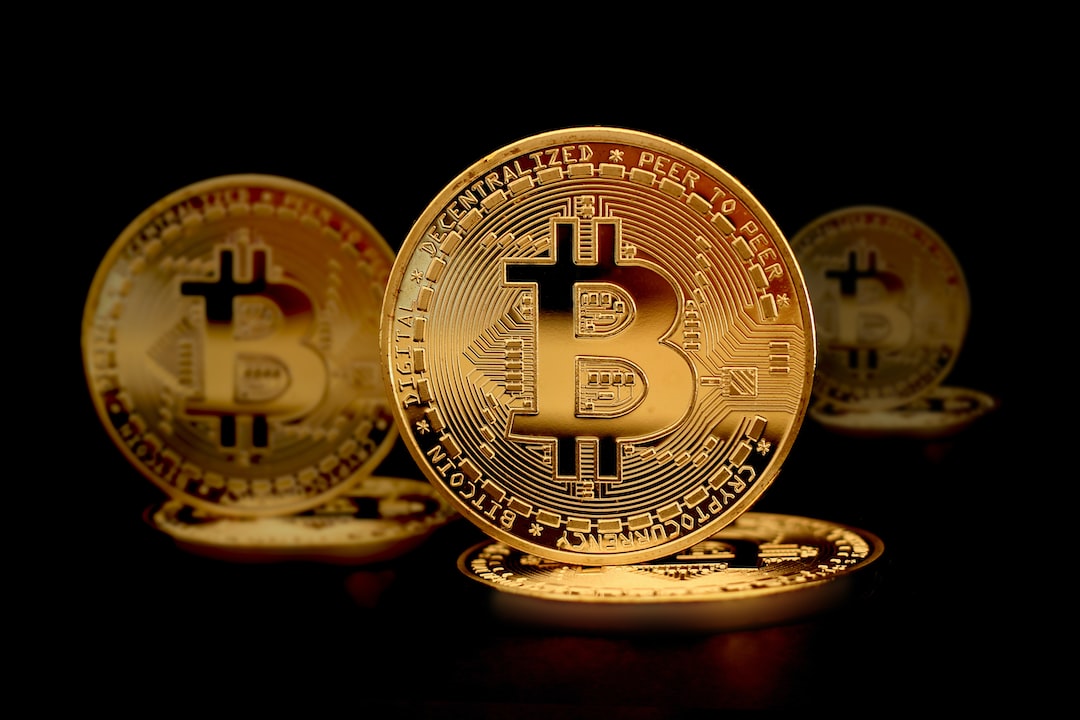The US Economy Faces a “Dangerous Cocktail” of Risks, Says JPMorgan CEO
The CEO of JPMorgan Chase, Jamie Dimon, has issued a warning about the risks facing the US economy. He believes that the country is addicted to debt and that central bank spending has become like heroin to American households. Dimon describes the current economic situation as an “explosive” event waiting to happen.
Dimon points out that the trillions of dollars in free money distributed during the pandemic, along with additional trillions printed by the US government, will have negative consequences for the economy. He compares this money to heroin, stating that it provides a temporary high but ultimately leads to problems.
While some investors expect inflation to cool off and rates to ease, Dimon warns that inflationary forces may be more persistent than anticipated, causing further issues. He suggests that when government spending and easy monetary conditions cease supporting the global economy, companies could experience significant profit declines.
Dimon also highlights geopolitical tensions as a potential catalyst for market turmoil, particularly in the Middle East. Although he doesn’t want to be overly pessimistic, Dimon acknowledges that there is a possibility of things going wrong.
Hot Take: The Fragile State of the US Economy
Jamie Dimon’s warnings about the US economy serve as a wake-up call for investors and policymakers alike. The massive influx of stimulus money and ongoing debt accumulation have created a fragile economic environment that is dependent on continuous support. Dimon’s analogy of money as heroin highlights the short-term euphoria but long-term consequences of excessive spending.
Furthermore, his concerns about inflationary forces and geopolitical tensions underscore the potential risks that could trigger an “explosive” event. It is crucial for individuals and institutions to reassess their investment strategies and prepare for a future where government intervention is reduced. As Dimon suggests, the time to be cautious and proactive is now.





 By
By
 By
By

 By
By
 By
By
 By
By